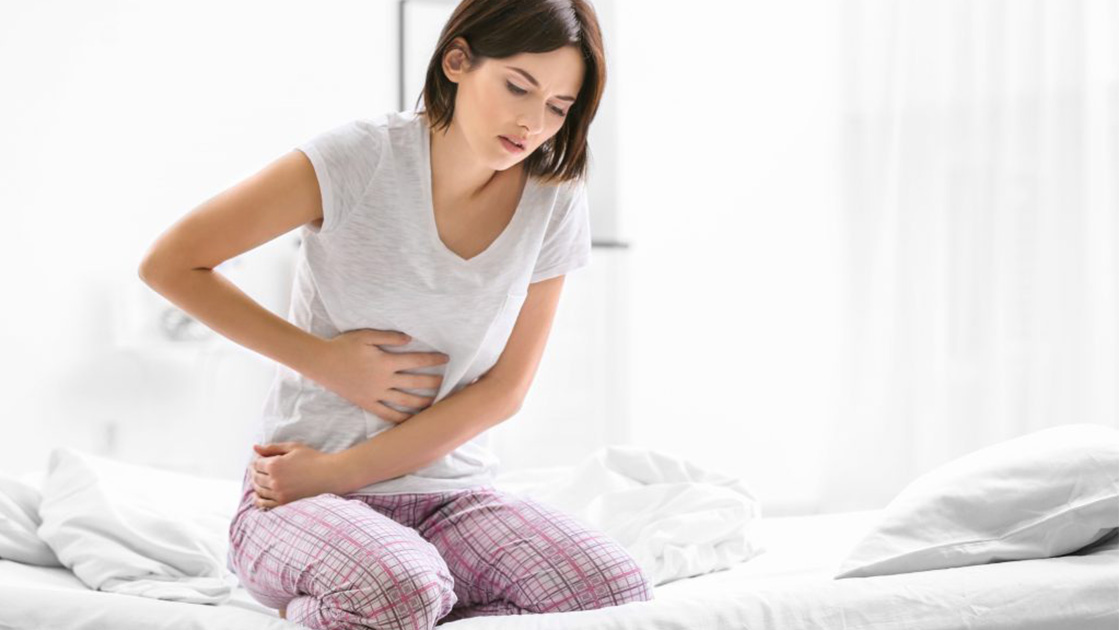Polycystic Ovary Syndrome
PCOS is a common endocrine disorder in women of reproductive age. Its primary characteristics include hyperandrogenism, anovulation, insulin resistance, and neuroendocrine disruption. The syndrome is named after the characteristic cyst which may form on the ovaries, though it is important to note that this is a symptom and not the underlying cause of the disorder.


